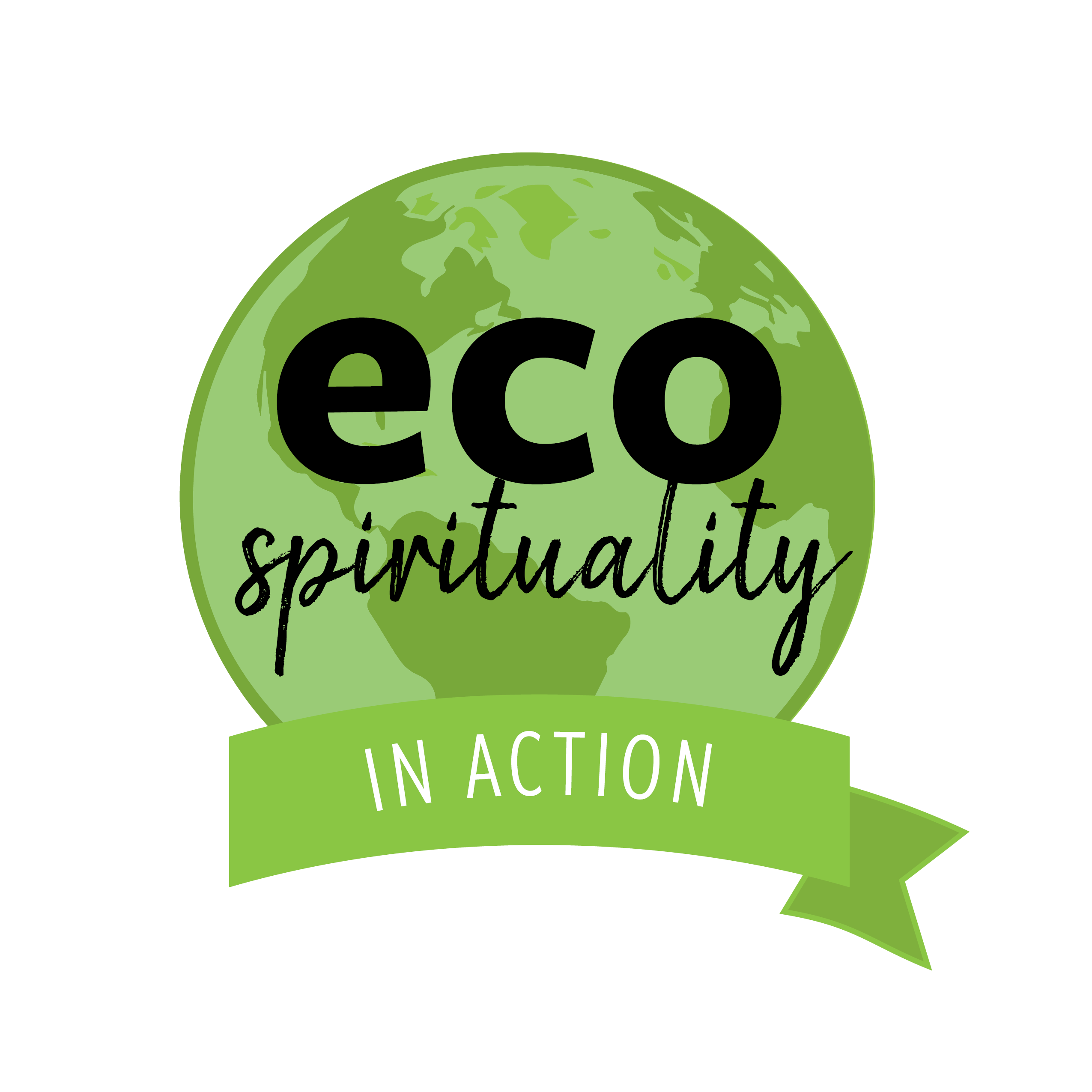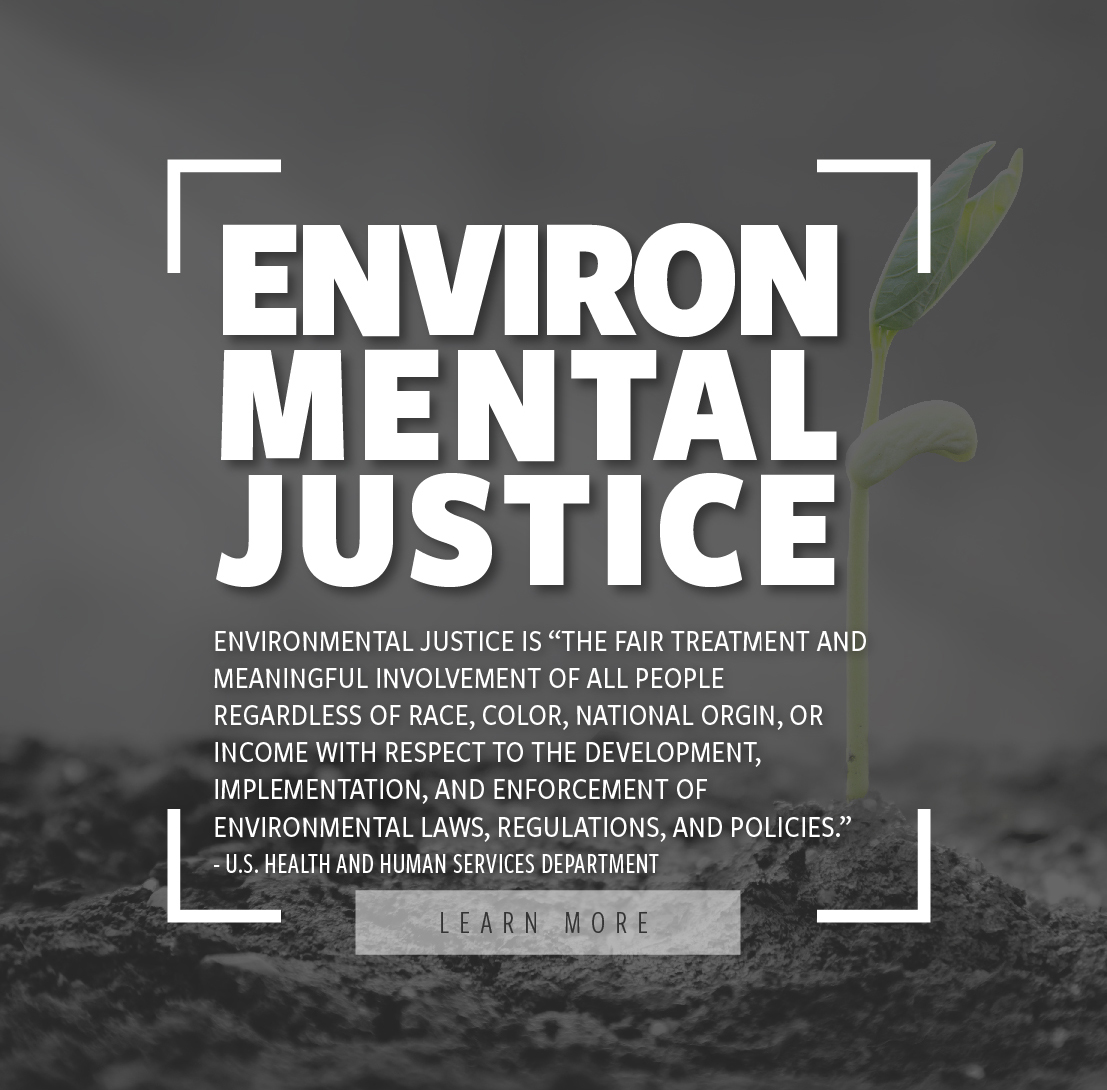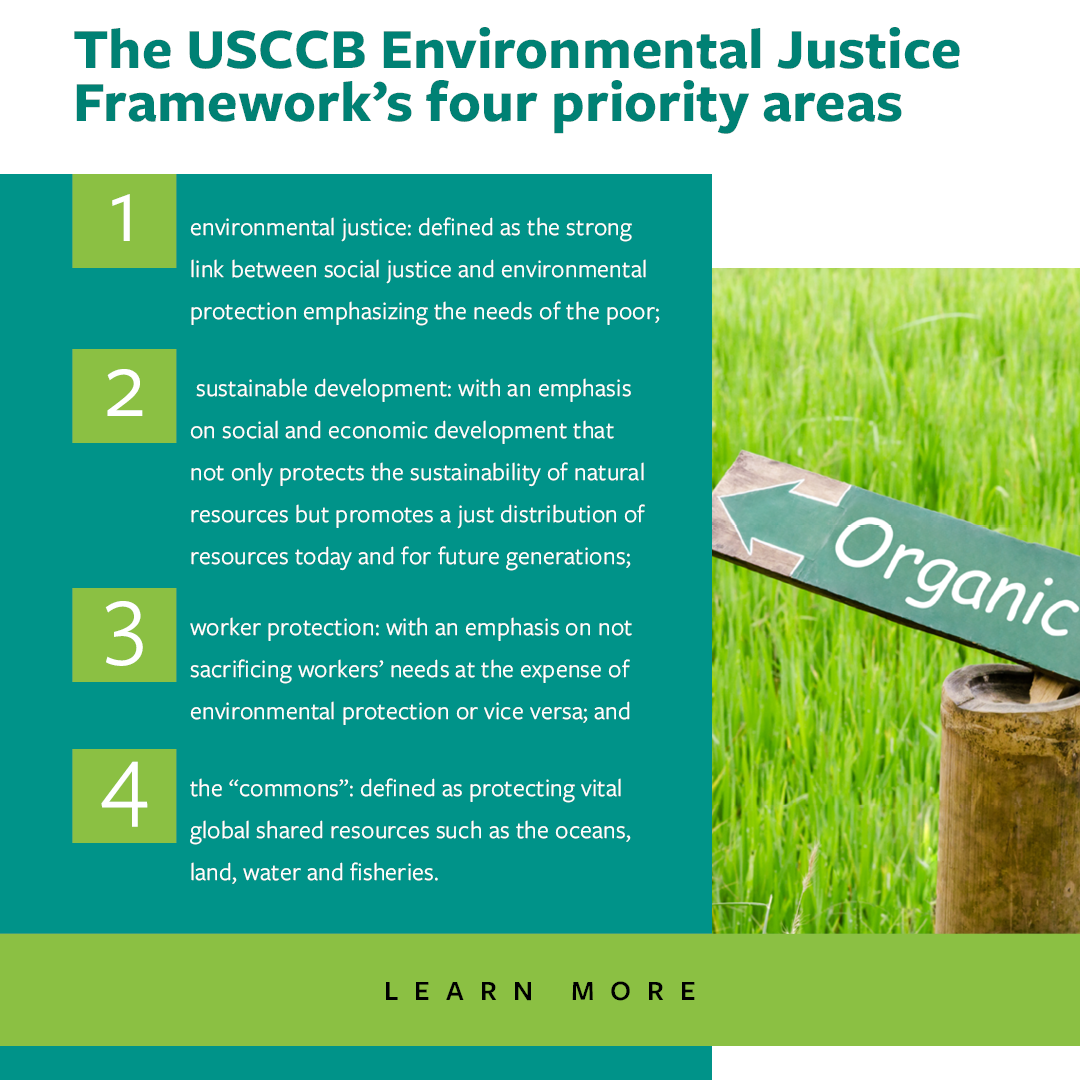A common thread: environmental justice, current ministries and a pandemic
By Beth Piggush, integral ecology director

We are blessed in many ways and each day is a gift. The state of our lives during this pandemic is a visceral reminder of our need to connect with our faith with each other and with nature. A common thread is our sacred Mother Earth and the basic elements of land, water, air and fire. We are discovering now more than ever that we need Mother Earth and that her gifts are crucial, just like those of our essential workers. The opportunity to eat wholesome food, drink clean water, breathe clean air and play outside is fundamental to keeping our bodies, minds and hearts healthy yet are not available to everyone in need and all who are working.
Several FSPA are ministering across the United States on the front lines of an integral ecology. As Sister Eileen McKenzie recently shared in Perspectives magazine, integral ecology is an essential element “rooted in the Franciscan understanding that all of creation is intimately related as brothers and sisters in Christ. As such, the suffering of humanity cannot be separated from the suffering of our environment, and vice versa.” As the suffering of our planet might be alleviated due to mandates to stay at home, we are seeing an even greater need within humanity to survive.
From Spokane in Washington and Chicago in Illinois to rural Iowa and a First Nation reservation in Arizona, people are more vulnerable because of the pandemic. FSPA is there to witness and to help. For example, Sister Joyce Blum, currently ministering in Western Iowa, has shared a story about the farm worker in the field and the impact on local meat processing plants. “We wash our hands. But who carries a bucket around with them out on the farms, in the vegetable fields? And, what about spaces between workers?” Clean water is essential, and we can make this an opportunity to ensure that everyone from the field to the city has access and pollution slows.
In urban centers like Spokane, access to food is essential and need is growing exponentially. Sister Kathy Roberg shares that Women and Children's Free Restaurant and Community Kitchen has gone from providing 2,000 meals a week pre-pandemic to 20,000 meals a week currently. Where does this food come from? How can we ensure that the land and all of the people who are part of the food production chain are safe and cared for? Access to food is essential and when local farms in Washington or Iowa cannot produce, the relationships within an integral ecology become more obvious through a lens of environmental justice.
An integral ecology crossroads of public health and planet health is also appearing on the Arizona reservation where Sister Donna Stevens serves. The pandemic has hit the community hard. Some people are suffering from addiction, and the social structure for basic self-care is deteriorating. Residents are experiencing malnutrition, leading to poor physical health. “Thus, many of our people set themselves up for acute and long-term illness, such as this pandemic,” says Sister Donna. On top of this, the impacts of climate change heighten the effects of heat and water access. As Pope Francis wrote, “everything is connected,” and tragically, this health crisis has much in common with the ecological crisis.
The emergence of this pandemic has shown devastating consequences of our treatment of nature and each other, and we need to do at least one thing differently going forward: let us take time to reflect, pray, plan and act with environmental justice for people and the planet. Each daily action we take can have an impact on the gifts of land, water, air and fire. Let us act out of respect for our common thread with sacred Mother Earth. We need to remember that the gifts of Mother Earth are essential to us, but that we are not essential to land, water, air and fire.

Also in June Presence:
Extension Cords Companion Community: presence at a distance
COVID-19: ‘will we ever know how many have succumbed to this virus?’
Sisters take to the air to invite discernment with FSPA
Refreshed website offers visitors new opportunities
Presence Briefs June 2020



